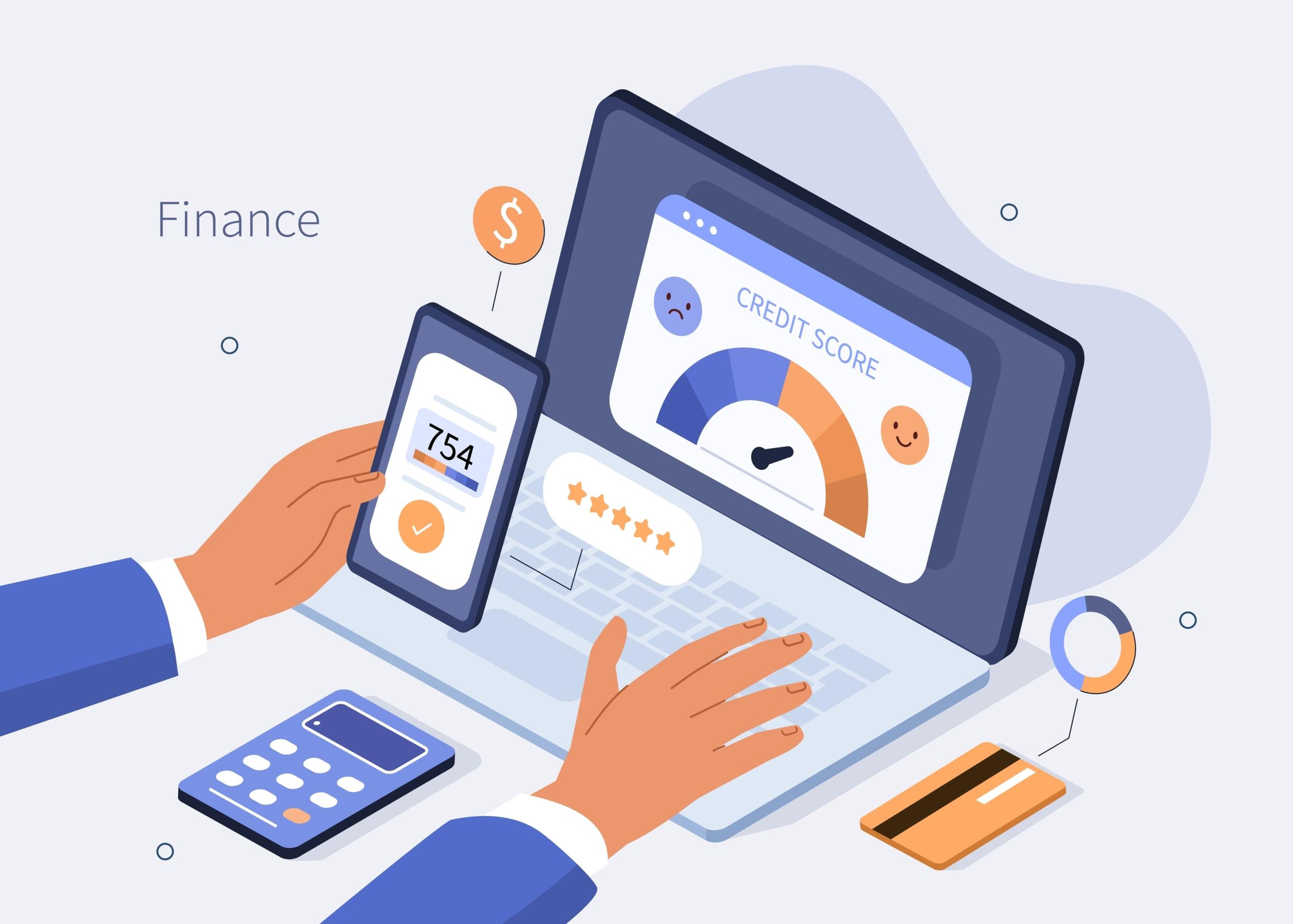Summary: Equifax and TransUnion
Equifax and TransUnion are the two major players in the Canadian credit score industry (they are often referred to as the credit bureaus). Both of these companies build/develop, maintain and process information relating to the credit profiles and scores (more on the fundamentals of credit scores here) of Canadians. Understanding the key differences between these two companies/platforms will help in developing and building your credit profile (especially important as a young professional).
How do These Credit Score Companies Operate?
These companies are engaged in the business of compiling, building and reporting on individual’s credit worthiness (according to their unique criteria – more on this here). To achieve this, both Equifax and TransUnion have active relationships with many of Canada’s banks and lenders (essentially any entity that extends credit in Canada). They actively receive information from the lenders about the current status of their borrowers (what accounts do they have open, how much do they have owing, and are they making their payments).
MM Insight: You can order a free credit report on yourself. For more information on how to do this, click here.
For first-time borrowers (i.e. you’ve never taken credit before), they will receive your information from the bank/lender that extends you the credit and build a “profile” for you within their own systems (full name, address, social insurance number, etc.). This profile will continually be updated throughout your lifetime as the company receives new information from the lenders/banks that you borrow from (car loans, lines of credit, mortgages, cellular companies, etc.).
How They Make Their Money
The primary way that they make their money is by charging applicants a fee for requesting/pulling someone’s credit report (i.e. you apply for a car loan, the bank will pull your credit profile from one of the bureaus as part of their analysis when deciding to loan you the money or not). Interestingly enough, since data is the new name of the game, they offer both their standard report and a more advanced analytical report to lenders (at an extra cost). The analytical report provides insights and information about how the applicant handles debt historically, etc.
They also sell information about your profile and credit worthiness for promotional purposes. You’ll notice that many banks/lenders send out marketing materials to customers that are pre-approved for offers (credit cards, lines of credit, etc.). The targets of these marketing materials were directly sourced from the credit bureau companies.
Equifax and TransUnion additionally offer consumer services direct to their customers. Customers can sign up for a one-time credit report, ongoing credit monitoring, identity theft protection and fraud prevention for a monthly fee.
So What’s the Difference Between Equifax and TransUnion?
For those who have experience with credit scores/reports, you may have noticed that your credit score and profile can look different depending on the report (Equifax or TransUnion). That’s because each company maintains and utilizes their own criteria and metrics through their algorithms that ultimately come up with the score. As a note, even with these different algorithms, the variance between your Equifax score and your TransUnion score should only be between 7-10% or less.
The other reason that the credit reports/scores differ is because Equifax separates your credit inquiries to open and closed referrals. The closed inquiries are given less importance in their algorithm versus the open inquiries. Equifax also uses an 81-month history when calculating the score (TransUnion uses 7 years/96 months).
The Modern Money Takeaways: Credit Score Companies 101
Checking these reports – either by using the free approach we mentioned above or by paying them to generate it for you instantly – can help ensure that everything is accurate and up-to-date (i.e. there are no new credit accounts registered that you haven’t opened personally, your payments are being reported properly, and just to know how you stand before it comes time to apply for a mortgage or finance a business).
Remember that it never hurts to know a little bit more about your personal finances and how potential lenders may see you! In fact, those with a high credit score (and knowledge of this) are in a much stronger bargaining position with banks/lenders when negotiating mortgage terms, interest rates, etc.

